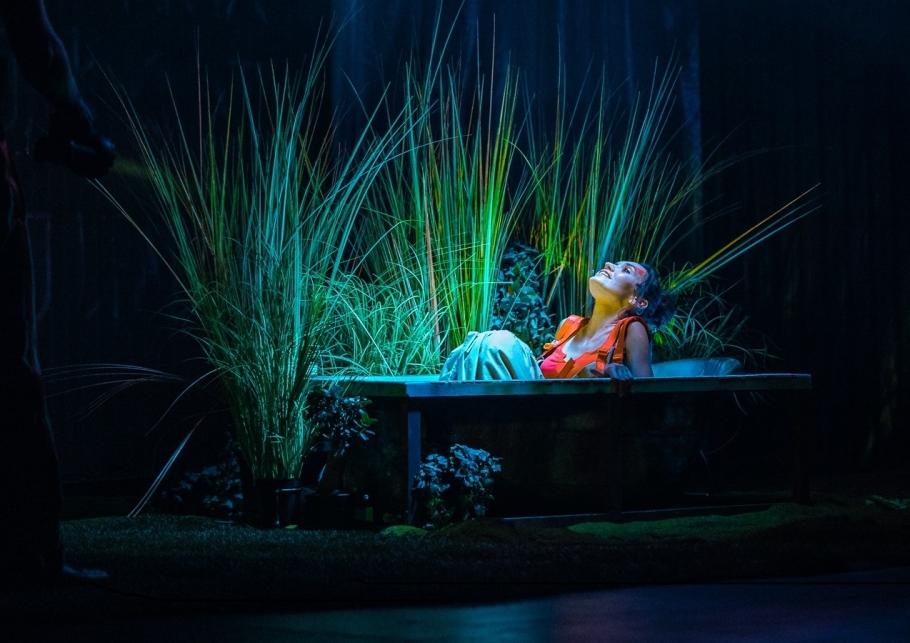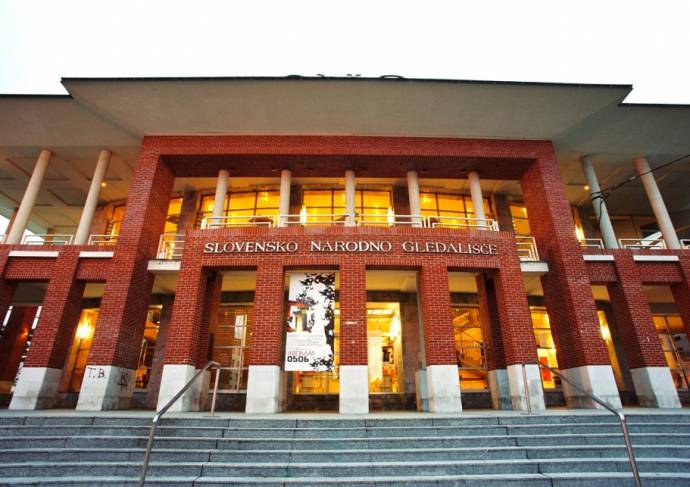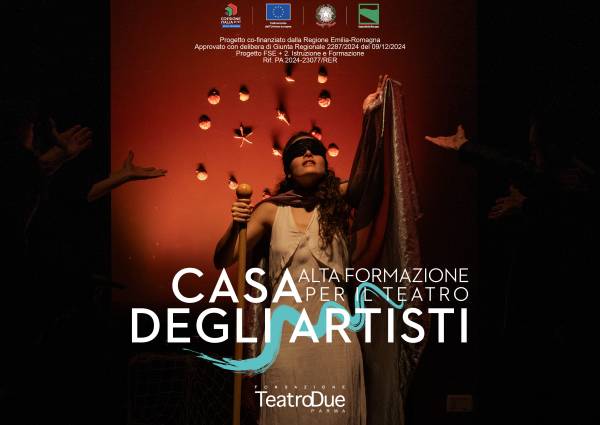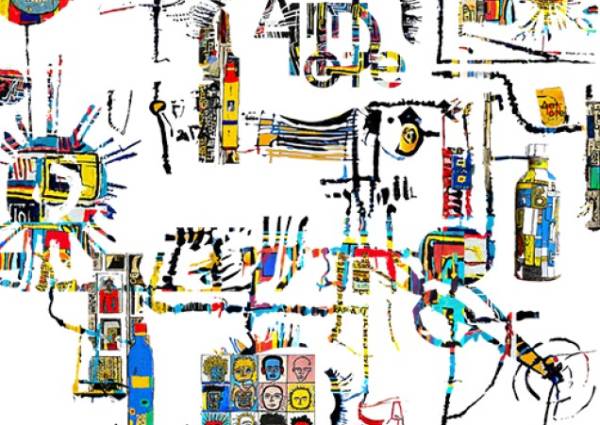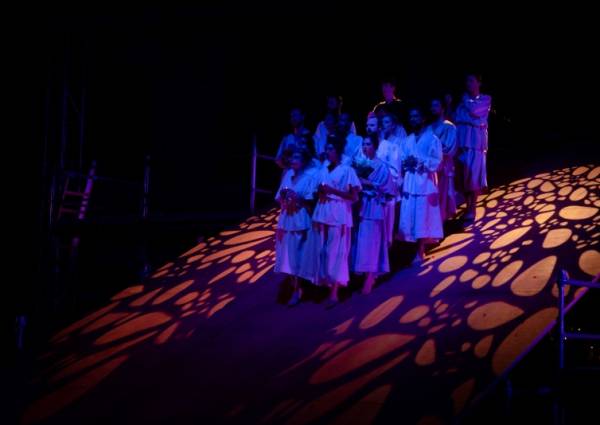Theatres and environmental organisations should team up and fight for funding to make cultural buildings efficient and sustainable, one environmental leader has said.
Jörg-Andreas Krüger, President of NABU (Nature and Biodiversity Conservation Union) in Germany, which has more than 700,000 individual members, told an assembled group of leading European theatre makers that it was time to join forces and lobby politicians to make post-pandemic recovery funding available for greening the theatre sector.
“The insulation of buildings and new heating systems are the really transformational things,” Krüger said, “but we are completely aware that we all need a lot of money for that.
“The good news is that there is a lot of money for investment in climate change mitigation measures in the European Green Deal and in many of the national recovery plans as well. I think it’s something where we can go together as theatres and NGOs and lobby for direct support.”
The environmental leader was speaking at a special session on ‘Green Theatre’ as part of a major international conference organised by the European Theatre Convention (ETC), the largest network of public theatres in Europe.
Attendees were drawn from ETC’s 44 member theatres, spanning 25+ countries.
Krüger’s comments come at a crucial time for reflection: theatres face temporary closures around most of Europe to slow the spread of the Coronavirus.
They also come as EU countries work to finalise their national recovery plans, which will need to be submitted by April 2021.
Theatre: A Sustainable Lighthouse
Also speaking at ETC’s Green Theatre event was:
- Catriona Patterson, Program Lead for the Transformation of Culture project at Creative Carbon Scotland
- Dr Reet Aus, renowned Costume Designer and Environmental Activist working exclusively with existing materials
- Vincent Baudriller and Caroline Barneaud, Director and Director of Artistic and International Projects respectively at Théâtre Vidy-Lausanne in Switzerland.
The speakers stressed the power of theatre to act as a ‘lighthouse’ on environmental action, using performances and public spaces to encourage audiences to think critically about their own role in addressing the climate crisis.
Catriona Patterson said that over the past 10 years, environmental conversations in the arts had shifted from ‘what is climate change’ to ‘what can I do about climate change’ to ‘how can I lead society in addressing climate change?’
Vincent Baudriller reflected that theatre was a place “for meeting and sharing, on the edge between political issues, knowledge and emotions.” Along with his colleague Caroline Barneaud he set out Vidy-Lausanne Theatre’s evolving thoughts on sustainable activity, such as developing an international collaboration project with no travel, and potentially charging audience members who drive to the theatre higher ticket prices.
The Green Theatre event was moderated by ARTE journalist and presenter Annette Gerlach.
You can watch the recorded session on the ETC Facebook page, here.
Designing the New Decade
The remainder of the three-day conference, Designing the New Decade, progressed with ETC’s pioneering online conference design, featuring a mixture of interactive meetings, webinar formats and ‘speed meeting’ exercises – pairing attendees together for short, unexpected networking moments. Amid discussions on future collaboration programmes and supporting alumni from previous ETC programmes, attendees were also treated to online performances from virtual conference host theatre, Weöres Sándor Theater in Hungary, alongside shows staged at Théâtre de Liège’s IMPACT festival, and by Slovene National Theatre Nova Gorica.
In addition, Barbara Gessler, Head of Unit Creative Europe, Directorate General for Education and Culture, European Commission, delivered an update on the development of the Creative Europe programme in the next EU funding period 2021-2027.
Speaking on the final day of the conference, Serge Rangoni, ETC President and General Manager of Théâtre de Liège/Belgium, expressed optimism about the future: “We know that it’s a very difficult period, but the promised arrival of a vaccine may let us finally glimpse a possible end to this pandemic. We know that there is still a long way to go, so rather than lamenting, let us make this time a possibility to innovate, to start new projects, especially by supporting young artists.”
ETC Executive Director Heidi Wiley will continue to advocate for the connection between cultural and environmental sectors this week as a speaker in the ‘Voices of Culture’ event, ‘Culture and the Sustainable Development Goals. See here for more information.
Notes for editors
All enquiries should be directed to ETC’s Communication Manager, Christy Romer: communication@europeantheatre.eu or + 49 17 235 720 92
About ETC
Founded in 1988, the European Theatre Convention (ETC) is the largest network of public theatres in Europe. It promotes European theatre as a vital platform for dialogue, democracy and interaction that responds to, reflects and engages with today’s diverse audiences and changing societies. ETC’s programme of grants and events support networking, professional
development and artistic collaborations for theatre staff across Europe.
ETC has 44 member theatres from more than 25 countries and is supported by the Creative Europe Programme of the European Union.


